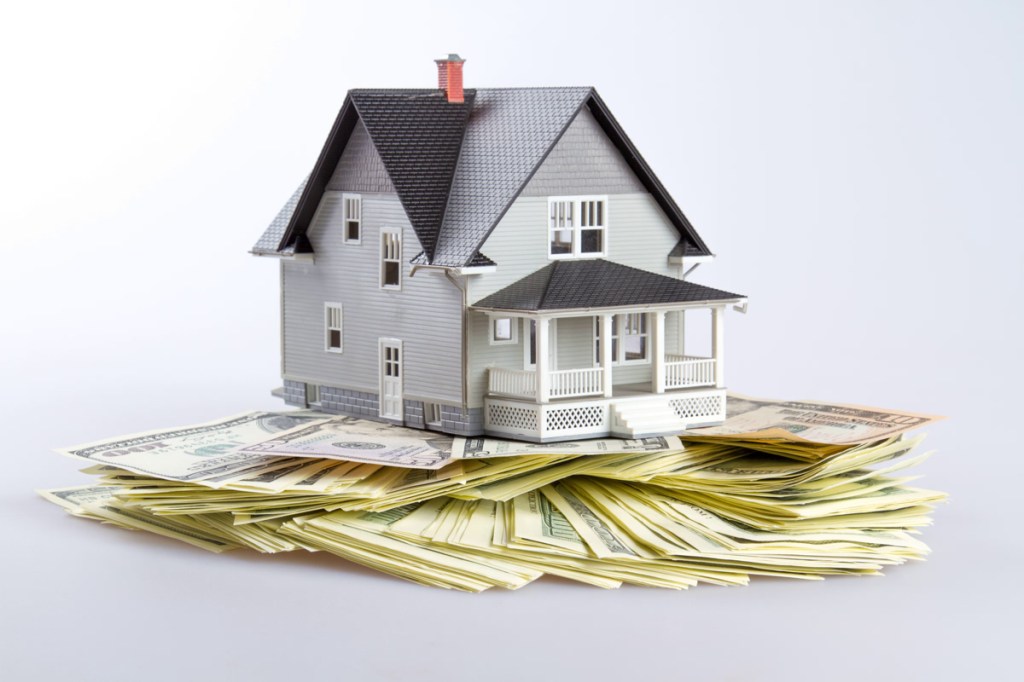If you’re in the mortgage business, expect to have your busiest year in 2020 since the height of the housing bubble in 2006.
Combined lending for home purchases and mortgage refinancings probably will total $2.65 trillion this year, the most since the $2.74 trillion seen 14 years ago, as low rates spur demand, according to Michael Fratantoni, chief economist of the Mortgage Bankers Association.
The home-financing volume will be almost evenly split between purchases and refis, he said. About $1.3 trillion will be to finance home purchases and $1.35 trillion likely will be refinancings, Fratantoni said on Monday, speaking on a video conference sponsored by Moody’s.
While the jump in refis was expected after the Federal Reserve‘s bond-buying shrank yields on mortgage-backed securities, the spike in demand for purchase loans was a surprise, Fratantoni said.
“Purchase is a trickier forecasting exercise because many more variables come into play,” Fratantoni said during the conference.
When the pandemic first hit, purchase applications dropped as low as 35% below the year-ago level, he said. When the real estate market reopened, Fratanoni said demand began to rebound at a pace that far surpassed his expectations.
Currently, applications for mortgages to purchase homes are running about 20% ahead of last year, he said.
“When states began to reopen, we expected a rebound, and in my mind, when people talked about a V-shape recovery, I thought of that over a couple of quarters, not a couple of weeks, and you see the speed with which the purchase apps have rebounded,” he said.
Some of the spike in demand is due to people who planned to buy in April, but were delayed because of the state lockdowns, he said. But, some of it likely is due to first-time buyers taking advantage of the record-low rates, Fratantoni said.
“I think this is one of the most positive signs we’ve had of the impact of the reopenings,” he said. “People were locked up – maybe they were a little too locked up, the house got a little smaller in those several weeks where they couldn’t do anything else, and they started looking at homes.”
Looking is one thing, but the move to buy in the midst of a pandemic is the part that surprised economists, he said.
“To act on it, and to go out and make a bid on a home and put in a mortgage application, this is one the most surprising aspects of this – not that the rebound happened, but the speed with which it happened,” he said. “We’ll have to see if holds going forward.”






